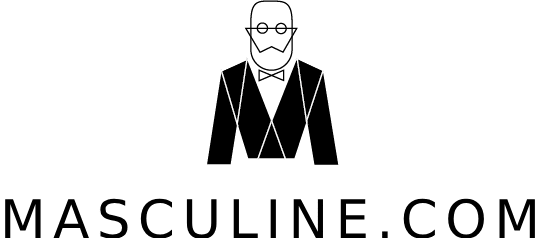In our modern society, the quest for personal and professional fulfillment is at the forefront of concerns. It’s in this context that personal development through coaching is experiencing a real boom. Indeed, this trend responds to a growing need to improve one’s life, both professionally and personally.
The reasons for this enthusiasm for personal development coaching
There are several factors that explain why personal development coaching is so effective and generates so much interest:
- Personalized support: The coach offers an individualized approach for each person, taking into account their specific needs and personal goals.
- A proven methodology: The techniques used during the sessions come from various fields of knowledge, such as psychology, sociology, or even philosophy.
- Consistent support: The coach provides moral and emotional support throughout the personal development process, allowing the individual to feel supported and encouraged in their efforts.
- Tangible results: Thanks to the implementation of a concrete and progressive action plan, coaching allows for significant improvements in various areas of life.
Areas of application of personal development coaching
Personal development through coaching can be applied to various aspects of daily life, professional and personal:
- Stress management: Learn to better handle stressful situations and to relieve accumulated tension.
- Improvement of interpersonal relationships: Developing social skills to maintain harmonious relationships with one’s surroundings.
- Decision making : Increase one’s ability to make informed and appropriate choices that align with one’s goals.
- Project implementation: Setting clear and achievable goals, then defining the necessary steps to materialize them.
- Self confidence : Strengthening one’s self-esteem and belief in the ability to succeed in all areas of life.

Examples of specific techniques
To achieve these goals, the personal development coach uses various methods and tools, such as:
- Neuro-Linguistic Programming (NLP): An approach that aims to change behaviors and limiting beliefs by acting on language and mental processes.
- Non-Violent Communication (NVC): A compassionate communication process that allows one to express their needs and emotions constructively.
- Socratic Questioning: An interrogation technique that allows the coachee to become aware of their own thoughts and beliefs, and then question them.
- Active listening: An attitude of openness and empathy that facilitates mutual understanding and sharing of emotions between the coach and the coachee.
The benefits of personal development coaching
By seeking the help of a personal development coach, it is possible to gain numerous benefits:
- A precious time saving: Coaching provides a structured and efficient framework for self-improvement, thus preventing scattering in various methods poorly suited to one’s needs.
- Better self-awareness: Over the course of the sessions, the coachee learns to identify their strengths and weaknesses, as well as recognize their deeply held values and motivations.
- A better personal balance: Thanks to the work done on the different areas of their life, the coached person manages to harmonize their professional and personal aspirations.
- Enhancement of autonomy: Coaching helps to develop skills and internal resources, making you more autonomous and less dependent on others.
Testimonials from people who have undergone personal development coaching
Many people testify to the positive transformations they have experienced thanks to personal development coaching:
“Thanks to my coach, I have managed to change my perspective and make decisions more aligned with my goals. I now feel more serene and fulfilled in my professional and personal life.”
“Coaching has allowed me to better understand my own needs and limits, and to find a balance between work and private life. I have also learned to manage my stress and communicate more effectively with my colleagues.”
Thus, personal development through coaching is a beneficial approach to improve one’s quality of life and achieve their goals. If this trend is so successful, it’s not just a coincidence, but rather proof of its effectiveness and relevance in facing current challenges.

